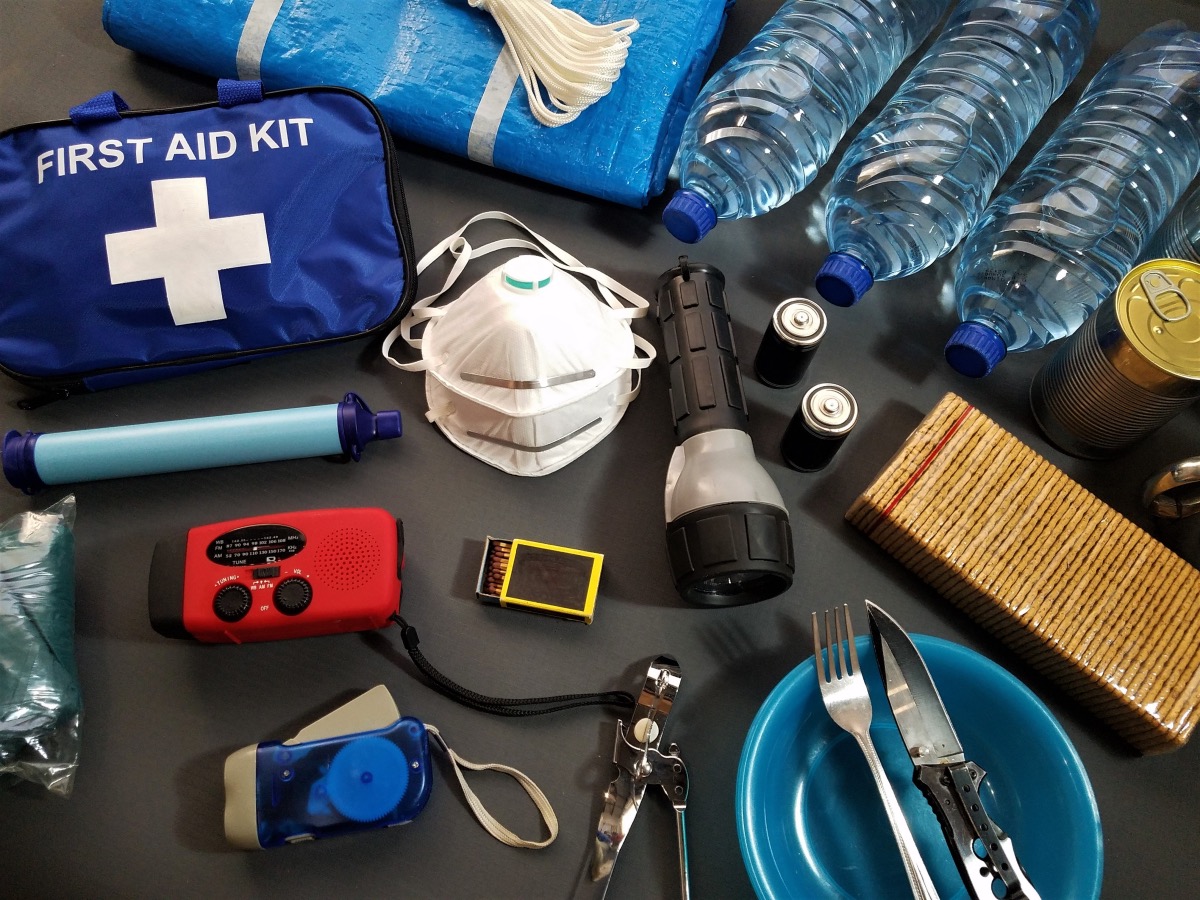Travelling is an exciting way to explore new places and cultures. However, it can also expose you to various health risks. With the right precautions, you can reduce the chances of falling ill during your travels. Here are 12 doctors’ recommendations on what to do when you travel to avoid getting sick.
1. Research Your Destination
Before you travel, research potential health risks in your destination, such as diseases prevalent in the area or health advisories. Websites like the Centers for Disease Control and Prevention (CDC) or the World Health Organization (WHO) can provide helpful information.
2. Get Vaccinated
Depending on your destination, you may need specific vaccinations. Consult with your healthcare provider or a travel clinic at least four to six weeks before you travel to ensure you’re up-to-date on routine vaccines and to receive any additional vaccines recommended for your travel destination.

3. Pack a Travel Health Kit
A travel health kit should include first-aid supplies, prescription medications (in their original packaging with labels), and any over-the-counter medication you may need, such as pain relievers, anti-diarrhea medication, and motion sickness medication.
4. Stay Hydrated
Travel, especially air travel, can dehydrate you. Drink plenty of water, and avoid alcohol or caffeine as they can further dehydrate you.

5. Eat Carefully
In places where food hygiene may not be optimal, remember the phrase, “Boil it, cook it, peel it, or forget it.” Avoid undercooked or raw foods, street food, or unpasteurized dairy products.
6. Avoid Bug Bites
Insect bites can transmit diseases like malaria, dengue, or Zika. Use insect repellent, wear long-sleeved clothing, and consider sleeping under a bed net if you’re travelling to an area with a high risk of insect-borne diseases.

7. Practice Good Hand Hygiene
Frequent handwashing with soap and water is one of the most effective ways to prevent illness. If soap and water aren’t available, use hand sanitizer with at least 60% alcohol.
8. Be Careful Where You Swim
Avoid swimming in certain countries’ freshwater sources like lakes or rivers as they may carry diseases like schistosomiasis. Stick to swimming pools that are chlorinated and well-maintained.

9. Stay Active
Try to maintain a level of physical activity during your travels. Regular exercise can boost your immune system and help fend off illnesses.
10. Get Adequate Sleep
Travelling can be exhausting, and a tired body is more susceptible to illnesses. Try to maintain a regular sleep schedule and ensure you’re getting enough rest.

11. Be Aware of Altitude Sickness
If you’re travelling to a high-altitude location, be aware of the risks of altitude sickness. Consider acclimatising a day or two before ascending to higher altitudes and drinking plenty of water.
12. Purchase Travel Insurance
Travel insurance can provide coverage if you become ill while travelling, especially in a foreign country. It can cover medical treatments, medications, and even medical evacuation costs if necessary.
In conclusion, some preparation and precaution can go a long way in keeping you healthy during your travels. Enjoy your trip, but remember to prioritize your health and well-being, so your journey remains a positive experience. Safe travels!







